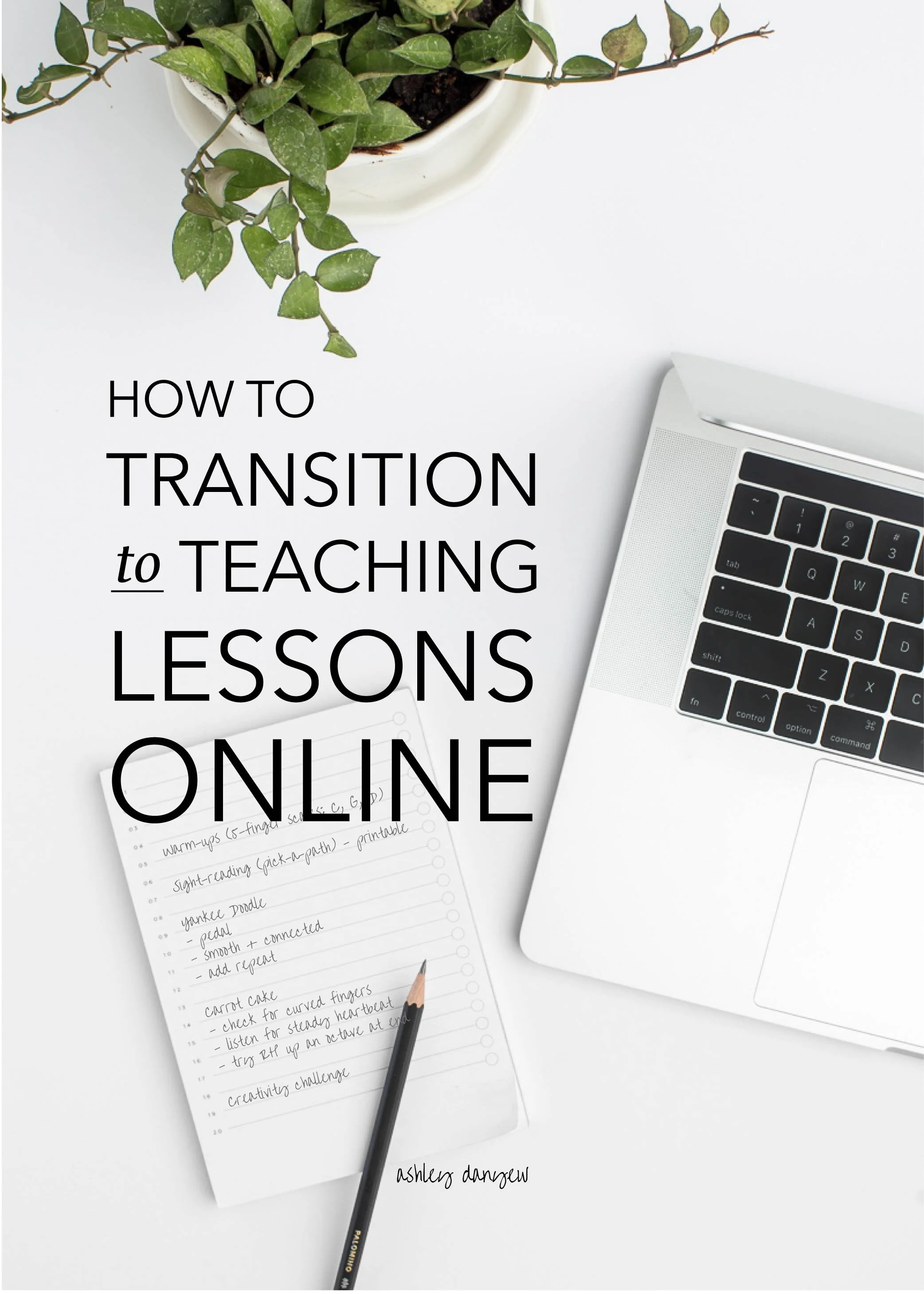If you walk into an elementary classroom, you might notice that everything is color-coded: signs and charts on the wall to labels on bins to pieces of tape marking certain spots on the floor.
This is because colors are easy for most young children to recognize and differentiate between.
But in music, our baseline is black and white, the colors of standard notation. When first introducing music-reading, it can be challenging for young students to recognize patterns and organize the content visually when everything is black and white.
For this reason, color can be a helpful tool when teaching music literacy and developing music-reading skills. “When we use color in a systematic way it can help students retain information better than just using black and white.” (source)

















